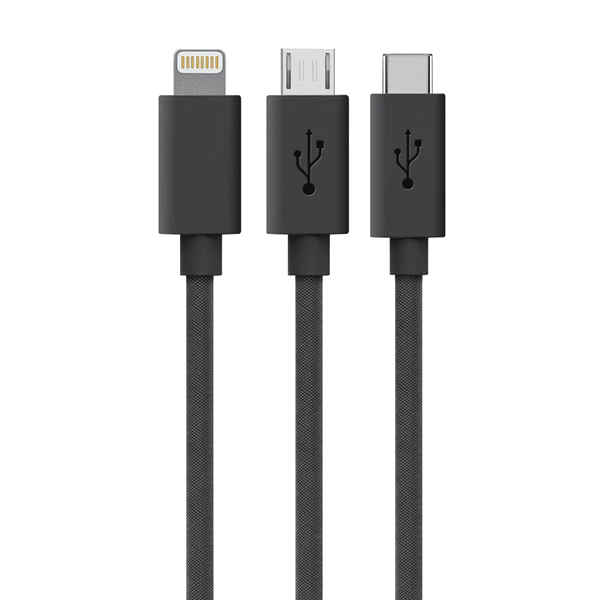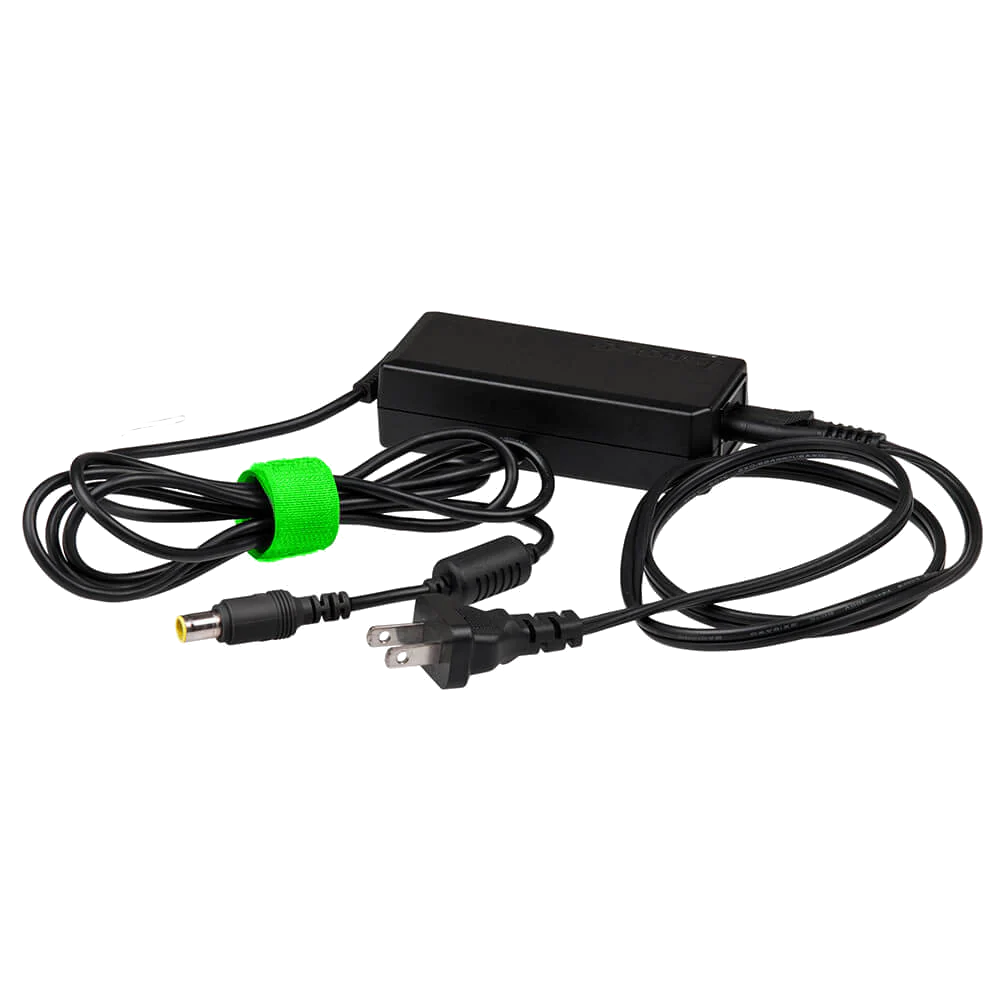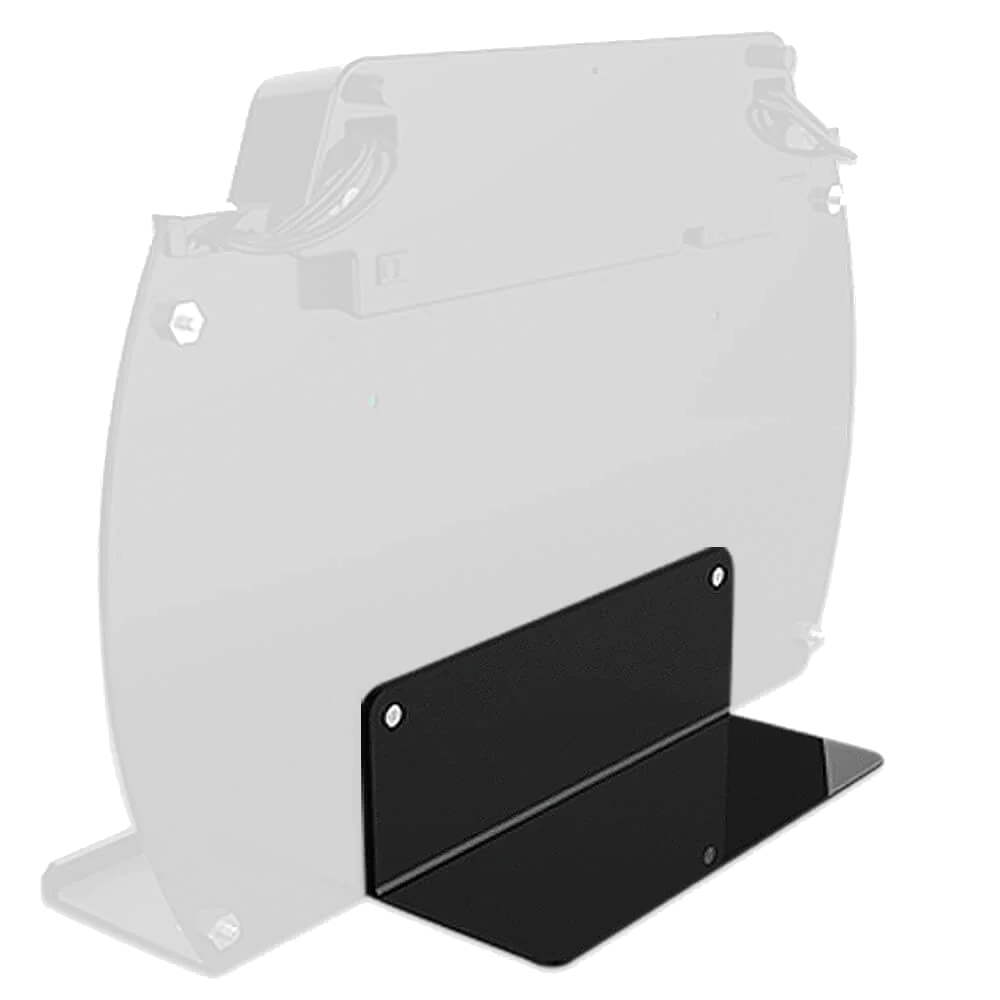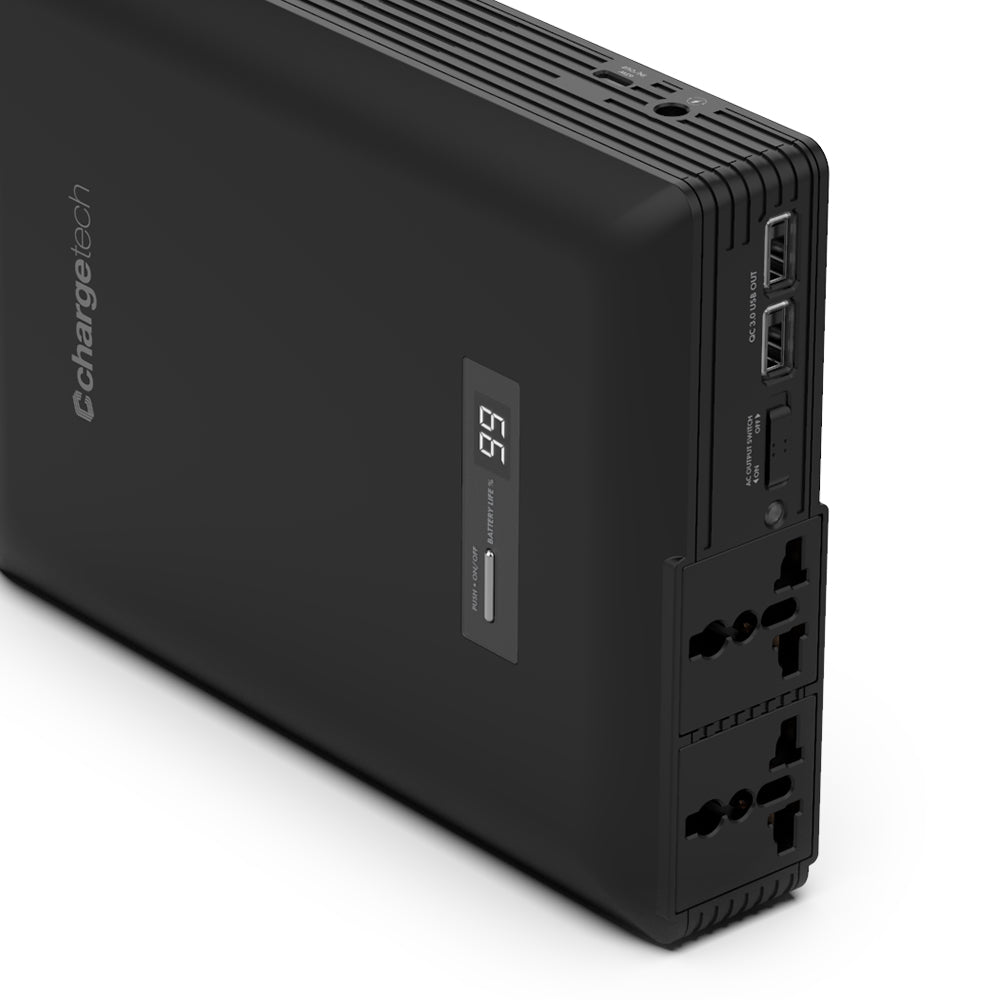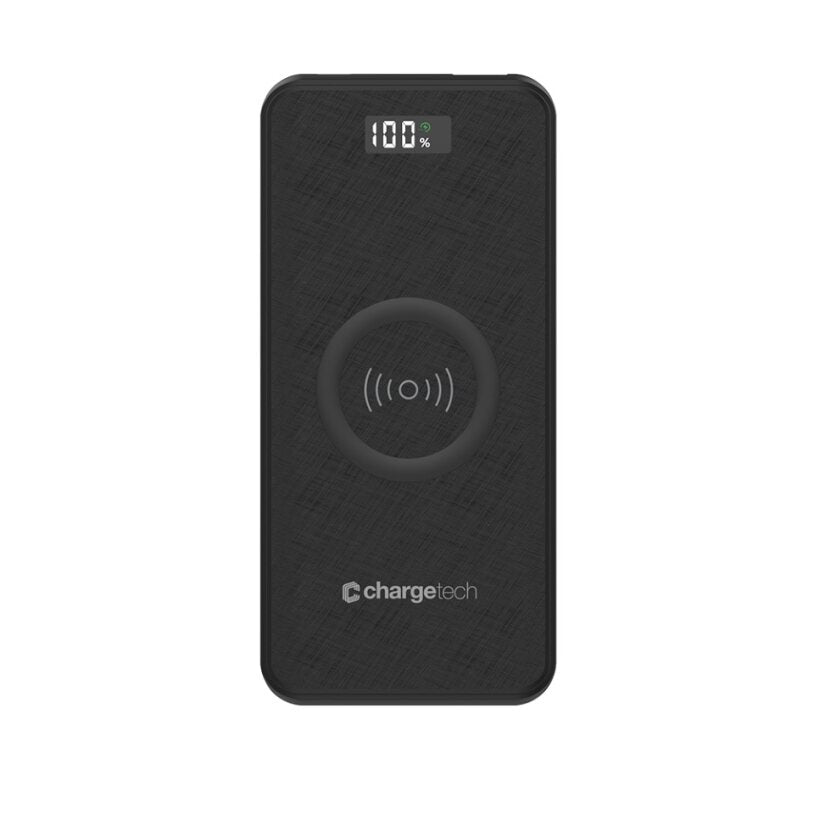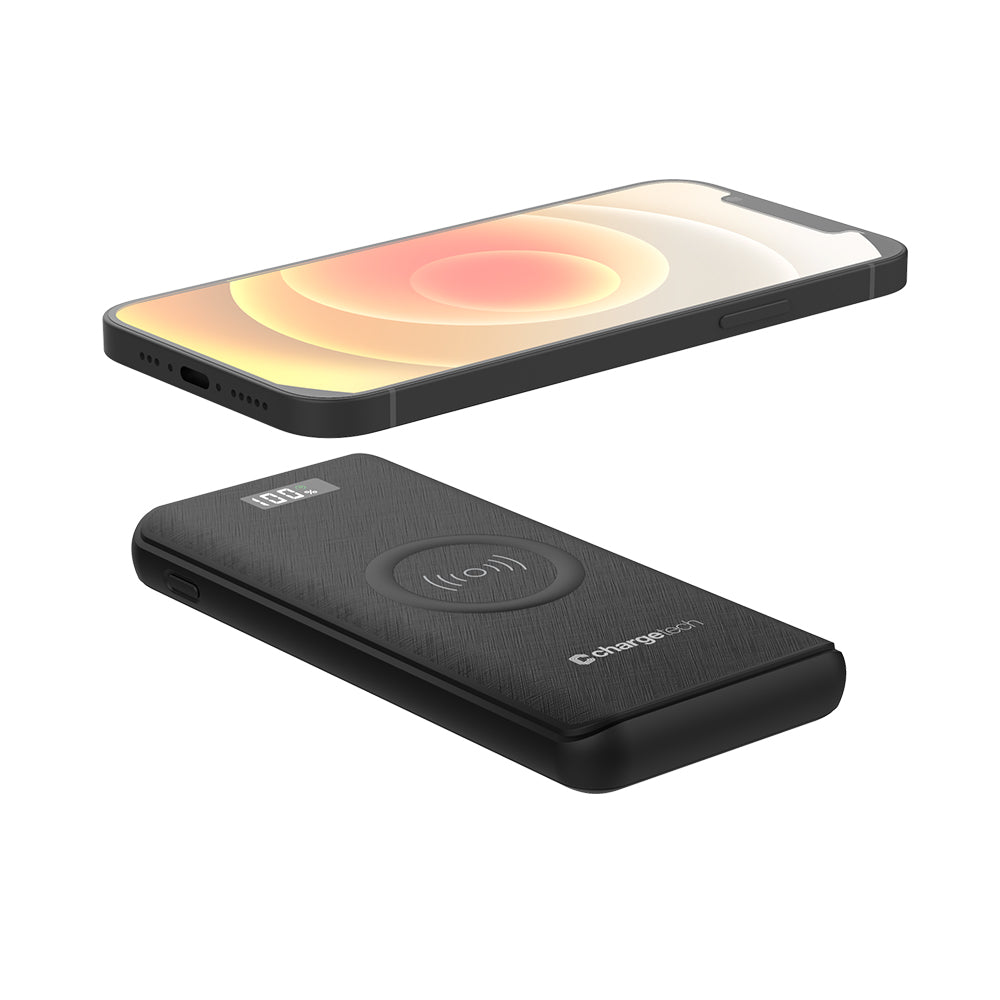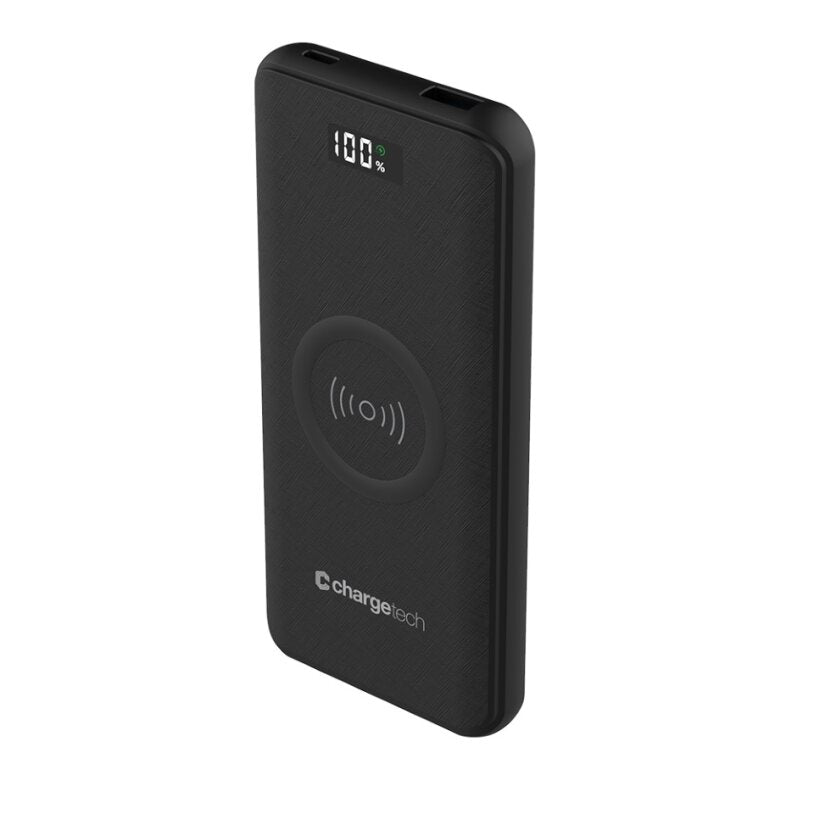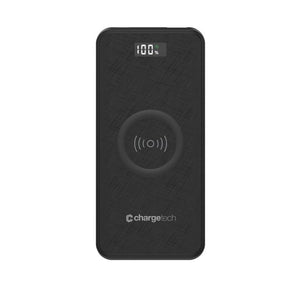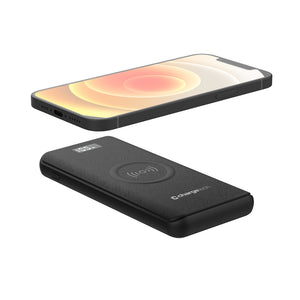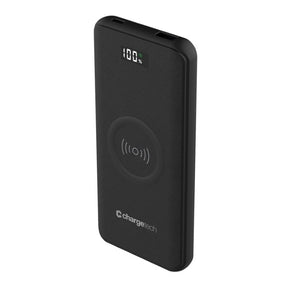
In fact, there’s a special term for this new condition and it’s called “low battery anxiety” Let’s dive further into this new study.
Is Low Battery Anxiety Real?
It’s not news that we all rely on our phones too much and we constantly use them and sometimes having 3 devices on at the same time. But with all this activity, it’s inevitable that the battery will be depleted and it almost always leaves a very unsettling feeling. Tech companies actually study our behaviors and have made surveys to gather our information.
The basic role is to get a clearer understanding into the customers’ experience with their products with an end goal to enhance their forthcoming features.
Thus LG created surveyed more than 2000 people on battery life. The end results of this extensive survey came with eye opening results – About 9 out of 10 people have low battery anxiety and face severe anxiety when witnessing their battery drop to 20% or lower. It's not an actual researched medical disorder, but how it impacts how we function in our everyday life makes it a very compelling study. LG coined the term in reference to showcase the behavior of what actions people make on a day to day basis when dealing the dying battery.
If you are curious to know if you suffer from “low battery anxiety - ask yourself
- Do you begin to fret when your phone reaches 40% of battery when it is only midday?
- Do you panic when the 20% warning appears?
- Do you find yourself thinking twice as hard without the convenience of the phone?
- Do you experience any change in attitude when knowing your phone is close to 0%?
- Do you perform “out of character” actions when your phone is dead
- Are you easily agitated when aware of a low battery?
According to an LG survey –‘“Low Battery Anxiety” is the feeling of overwhelming fear experienced as your smartphone battery dies, causing you to live your life on your phone’s terms rather than your own.” coincidentally occurs when we need our devices the most. At any rate, the angst that follows with low battery is a signal of stress and actually raises our cortisol levels.
According to LG, surveyed individuals examined the following signs and symptoms:
- Asking a stranger to charge their smartphone
- Owning multiple smartphone charging cables
- Secretly “borrowing” someone else’s charger
- Arguing with a love interest or significant other because of unanswered texts and calls
- Ordering something in a restaurant or bar just to use their power outlet to charge your phone
- Keeping phone on airplane mode to preserve battery
Do you relate to these symptoms and events? If so, fear not. This anxiety is very common and more a reality to our lives.
Here’s what LG posted on their polls:
When faced with only a few minutes left of battery power, approximately 51% of smartphone users will use the remaining time they have to text; whereas 35% use their last moments to make a phone call.90% of us panic about losing power on our phones.32% of us will “drop everything” to head home and charge phones41% of people fear missed calls/texts when their phone is dead17% of males missed a match on a dating app because the phone died60% have used a dead phone as their excuse for not speaking to a loved one.
Here are some common behaviors that people do when at different battery stages:
87% - They will let their recipient know that they will call back
60% - They will either think of or begin to use someone else’s phone to make a phone call or send a text message
61% Six out of ten smartphone users will find solace when they find a place to charge their phone
67% - people begin to close apps that they’re not using
54% - adjustments on the screen are made
49% - social media usage has been halted
47% - GPS or other location apps will be turned off
61% - Turn to using a power save mode (Airplane Mode)
56% - Refrain from taking additional photos
42% - Turns off device
39% - Proceed to asking strangers if they borrow their phone
In other words, most of us suffer from “low battery anxiety” when our phone is on the verge of death, and will go out of arms length to never see “LOW BATTERY 20% remaining” warning.
Low Battery Anxiety Can Lead to Very Unhealthy Decisions
Apparently millennials suffer this the most. It was recorded that with 42 per cent were likely to leave their workouts in order to charge their precious chargers. Some users will even stop everything that they’re doing (dinner, errands, groceries) and fall back to home base in order to recharge. It was even reported that a third of smartphone users purposefully show up for a meeting or date because of their constant need to charge their phones.Low Battery Anxiety can Cause Arguments That Ruin Relationships
It appears that this Low Battery Anxiety is slowly ruining relationships for smartphone users and its quite possible that you and many of your peers suffer from the same outcome. It was reported that about a quarter of participants in the LG survey claimed that they were involved in an argument or verbal on debate when their loved one or significant other did not answer their texts or phone calls. The most stated reason was that their phone was dead.
Low Battery Anxiety Can Be Avoided! It’s unfortunate to see people letting their devices behave erratically.
Here are some tips to help you avoid low battery anxiety:

Airplane mode shuts off the radio signals of your phone (hence the name) as well as Wi-Fi, GPS and Bluetooth functions. It’s also a great“Do Not Disturb” tool that lets you do deep work without any of the buzzing or flashing alerts to divert your attention.
As much as it’s a concentration tool – you can rely on it to NOT show you the dreadful low battery warning for a very long time.
Our favorite apps are the worst enemies for our batteries – we even wrote about it. But to summarize - locate your “background app refresh” and toggle off any apps that over consume your battery.
Portable power outlets are easy solutions to counter Low Battery Anxiety and will never have you squat your “office” at the nearby Apple Store or blast anymore frivolous apologies. It’s the first AC outlet that you can actually take on the go that can power anything from laptops to smartphones – it is the latest in battery technology.
When you’re on the go and need a little extra power for a dying phone. A phone charging case let you carry one gadget that can charge up anything you plug it into. It keeps you texting, browsing, and Snapchatting 2x longer, and will also protect your phone with a solid outer shell that will even prevent screen damage.
We often mistaken what “silent” means. For many, it means putting it on vibrate so that it doesn’t necessarily make a sound but it will make noise. We get that it’s a great notification tool when you’re in a theater, classroom, or meeting, but we have to recognize the amount of power it uses.
Vibrations actually require more power than your original ringtone
Remember the vibrations aren’t sounds from the phone, it’s your phone physically buzzing. Ringtones are simply just tunes that your phone repeats making it a much simpler and less consuming task to fulfill. At the very least, going completely silent would be optimal if you’re really looking to preserve your battery and when under low battery situations.
Many of us are frequent to just clicking app over app and suddenly opening 10 apps all at once. While it’s an incredible feature on modern smartphones, it is also a main culprit to draining away all your vital battery life. The harsh reality of this fact is that you’re not even using the 9 other apps, yet it’s quickly consuming every % of your phone, especially if you’re using GPS heavy apps.
Make it a habit to swipe away all apps that are no longer in use. There are very savvy apps out today that can handle your massive multitasking lifestyle on your smartphone while maintaining battery life. One highly recommended Android app is the Advanced Task Killer.
You would be surprise how increments of brightness on your phone affects battery life drastically. While everyone is aware that dimming your screen will reduce your smartphone’s power consumption, but we’re still very accustomed to bright blue lights when using our devices. Think about it, if the screen is lit on full capacity when we check our emails, go on Youtube, or DM on social media, it was drastically drain the battery. We prefer using the Auto-brightness setting to adjust the brightness that’s optimally fitting for the time of day.
Another method, you may want to consider adjusting the dim lighting permanently to the lowest level or level at which you can read words without it hurting your eyes Doing so is the best way to preserve battery life and your eyes.

In addition to dimming your screen, it’s also highly recommended to reduce the time on screen display. In other words, shorten the idle time when you’re finished using your phone and is in idle. Though it may be a very small adjustment, many of us do not possess the quality of locking our phone after usage which of course wastes precious energy. Especially during a low battery movement, shortening the screen display will save you a few % when it is not in use.
Set a time to turn off your phone
It’s actually quite shocking how many of us haven’t considered finding an hour of two to shut off our devices, especially during moments when we can’t use them! While it will save us plenty of battery power, what we found even more astonishing is how much more productive we are with just an hour or two without having our phones constantly alerting us notifications. Even if it’s just for a quick walk or nap – we highly suggest trying this meditative practice that will help alleviate you from your phone anxieties while you focus on you.
While we went in depth on why to never charge during extreme climates – just remember that when your battery feels warmer than usual – it’s eating away battery life at a more rapid pace. Our key rule of thumb – don’t let your smartphones sit directly under sunlight, in extremely hot/cold temperatures, and by any household appliances that generate heat. This means by the heater, by your stove, by the dryer, and even inside a hot car.
Your device optimally performs well within a range between 62-72 degrees Fahrenheit. Any temperatures higher than 95 degrees Fahrenheit can result to permanent damage of battery capacity. Refrain from these temperatures at all cost.
It’s only fitting why a company like LG would want to conduct this survey
Its aim is take the results of the survey and create an excellent product that solves people’s problem. Now LG wasn’t the first company/person to identify this anxiety that users have with their smartphones – there’s actually an already existing anxiety called “"nomophobia".
Nomophobia, though not officially recognized by the DSM-V as a psychological disorder, is the fear of being without your mobile device. It impacts every smartphone user in all industrialized nations. The term “nomo” is actually an abbreviation for the phrase “no-mobile-phone phobia,” which was discovered back in 2010 by the UK Post Office. The Post Office commissioned YouGov, a research organization, to take an intense study of sampling people with anxieties when without their mobile device. From their study, it was shown that 53 percent of British mobile phone users feel very a sense of anxiety when without their mobile device, out of battery, or have no network signal.
In regards to gender demographics, the study has shown that 58 percent of men and 47 percent of women all suffer from this anxiety, and additional 9 percent begin to panic when their mobile phones have either died or are critically in low battery.
As a result from sampling 2,163 people, fifty-five percent of those who surveyed cited to exhibit unusual behaviors by actually finding alternative methods to be in contact with their friends and family. In fact, the level of communication increased when their devices were not in their disposal In regards to the stress levels, the average person in the UK cited that the experience of nomophobia gives away the jitters as if they’re about to visit their dentist or give a public speech.
It’s not exactly better for the U.S. According to Psychology Today, their polls show
We understand how challenging it is to be without your phone for an extended periods of time. And while we likewise study behaviors like LG, we also aim to use these results as a way to constantly improve our products and provide an effective solution to everyday charging problems. As the study continues to be refined, we believe that something such as “low battery anxiety” should not even exist. The real problem to tackle is teaching people to become more knowledgeable with technology along with certain guidelines and steps to preserve their everyday device. That way we can mitigate future stress phobias for all things technology.Sixty-five percent, or about two in three people, have their phones with them at all times; in fact they even sleep with or next to their smart phones. (It’s actually a big problem amongst millennials)
Thirty-four percent admitted to answering their cell phone during their dates with their significant other, and even during private moments.
One in five people have reported to rather go without shoes for a week than take a break from their phone.
More than half of the study has told that their devices were always on and have never thought twice to shut off unless it was broken
A full 66 percent of all adults in the United States suffer from “nomophobia”, and will not commit to changing their behavior

